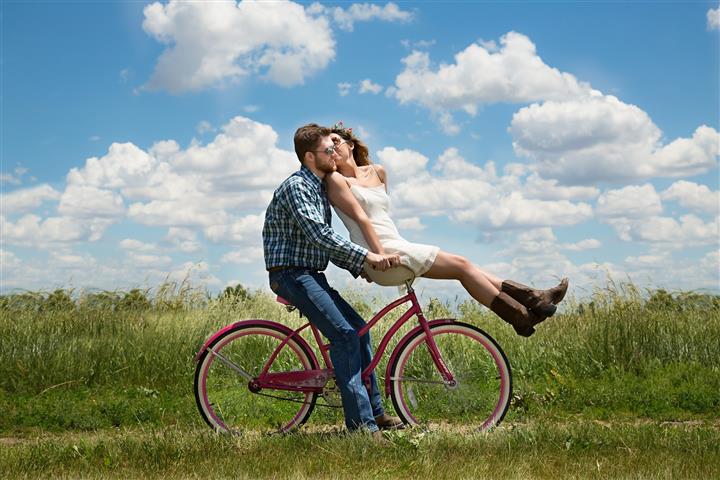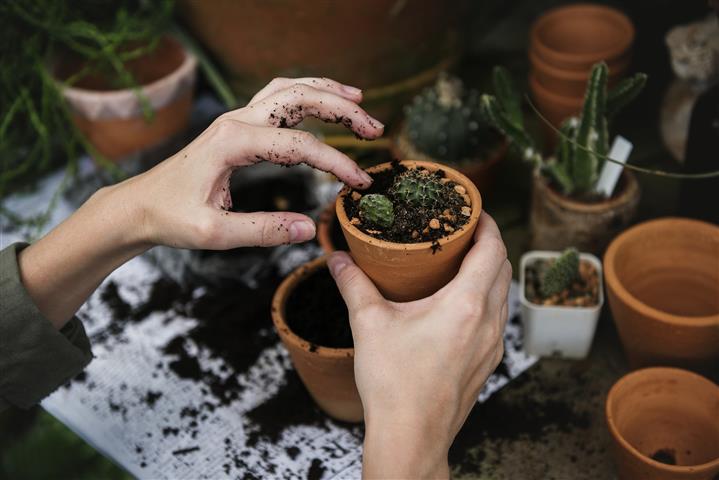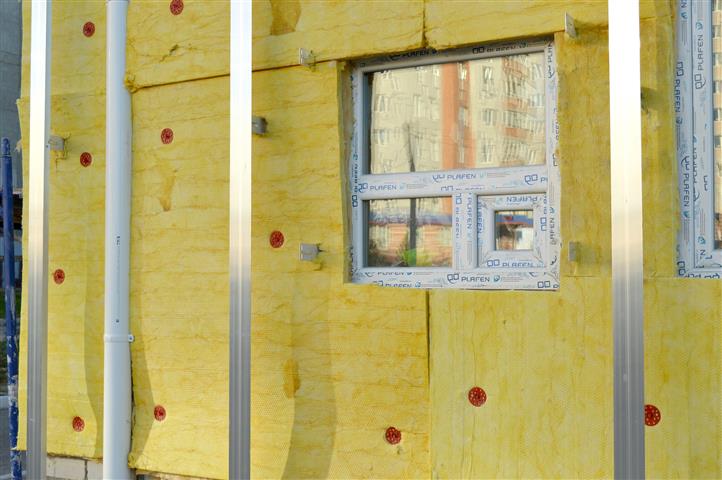AnimalKind
Everything we do, from buying a coffee to going on holiday, has potential to impact the environment. With just a few small adjustments to how we live, we can make a big difference to the environment as a whole as well as our contribution to greenhouse gas emissions and waste. Adopting an environmentally-friendly lifestyle can also save us money and benefit our health - it's worth thinking about!
Ride a bike

Reducing your carbon emissions is a great way to be kinder to animals. One of the easiest ways to do this is by reducing the number of journeys you take by car. Enter: the bicycle! The bicycle truly is a sustainable wonder of the world. It requires far fewer natural resources to produce than other travel alternatives, it alleviates congestion and lowers pollution. But, it isn’t just the environment that benefits, you do too! Cycling is more affordable than driving, good for your physical health and can be quicker, especially in cities during rush hour.
Take fewer flights and more ‘staycations’

There’s no denying that aeroplanes produce large amounts of greenhouse gases and other pollutants. By reducing the number of flights you take, you will lessen your environmental impact on the planet. You don’t need to miss out on your holidays either as other forms of public transport, such as trains, enable you to escape. Or, if you’re feeling adventurous, you could leave the passport at home and take a ‘staycation’, using your holiday period to explore unseen parts of your own country.
Go electric!

Electric vehicles, unlike their gas-guzzling forebears, don’t produce any exhaust emissions and thereby reduce air pollution significantly (especially if powered by renewable energy). They’re also a great deal quieter than petrol or diesel-powered vehicles, which helps reduce noise pollution and generally makes the world a little kinder to animals.
Switch to LEDs

It might seem silly to think that changing your light bulbs can help animals, but it’s true. LED light bulbs not only last longer than other bulbs, but they also use significantly less energy, meaning there is less need to burn fossil fuels and pollute the environment. Add to this, the fact that LEDs are less ecologically harmful to produce than other light sources, such as incandescent lighting, and there’s no good reason not to switch.
Get gardening

Maintaining your garden in a way that is beneficial to wildlife is both simple and effective, regardless of how small space you have to work with. For small gardens, composting leftover food and erecting bird feeders provides much-needed habitat for numerous species. But, if you have a bigger space planting trees, growing vegetables and limiting the use of pesticides and chemicals can really make a difference. Don’t forget to add decals to your windows that prevent birds from flying into them.
Insulate

Insulating your home is a fantastic way to conserve energy and save money. Not only does it keep warm air in during the winter, but it also keeps your house cool in the summer. Before buying insulation for your walls, ensure your house is already as insulated as possible by plugging up cracks and making sure you have effective seals on all windows and doors. When you’ve done that, go for a ‘green’ form of insulation, like cotton.
Avoid wastefulness

So many things in daily life contribute to the ever-growing pile of waste that ends up in landfill and our oceans. When going about your day try to identify opportunities where you can save on your creation of waste. Could keeping a fork in your handbag mean you avoid using a plastic one every lunchtime? Or, could you carry a reusable coffee cup? Awareness of our own habits is the first step towards living a more environmentally friendly lifestyle. Many of the things we do that adversely impact the environment are easily solvable, may even improve our efficiency and could save us money.
Up-cycle

Not everything is recyclable, which is why it is important to try and re-purpose things you no longer need. Up-cycling is the broad term for transforming products that are either useless or destined to become waste into something useful or even artistic. Almost everything can be re-purposed, from weaving plastic bags together to make baskets to turning wine bottles into bird feeders. Numerous websites detail exactly how to transform seemingly useless products into something practical, all it takes is a little effort and creativity.
Be thrifty

Buying used products is a great way to avoid excess production, and you’ll save money while doing it. Online auction sites or retailers specialising in donated products are great first points-of-call when trying to purchase a new product, be it a washing machine or new jacket for the winter; you’ll be surprised by what other people no longer want. Furthermore, explore whether companies offer repair services before deciding to purchase a new product: you may be surprised to find that some companies prefer repairing old products to manufacturing a new ones.
Organise!

Having a busy schedule and caring about the environment are not mutually exclusive lifestyle choices. Most cities have environmental groups or charities that lobby local governments to adopt more environmentally friendly legislation. If environmental problems like air pollution, climate change or habitat destruction concern you, there may be a group in your area dedicated to alleviating these problems, even in very small towns. And most of the time you can dictate your involvement around your own schedule. If one doesn’t exist, think about starting one. You may be surprised how many people in the community share your concerns and just how much change you can enact.